Earth Day 2022: Why education is crucial in building a sustainable and equitable future

Taking place on 22 April each year, Earth Day shows support for environmental protection and helps to raise awareness of sustainable practices and solutions. Celebrated by more than a billion people across the world, this year’s theme is ‘Invest in Our Planet’ – encouraging everyone to play a part in building a prosperous and more equitable future.
We believe that to invest in our planet, we need to invest in people, and therefore in education. Quality careers advice, studying international best practice, and achieving true collaboration are all ways in which the education sector can move prime itself for the upcoming green industrial revolution.
Education and careers advice for all
Pathways through education into careers either in sustainability or where knowledge of sustainability is (or will be) required are needed. Getting good quality, tailored and comprehensive careers advice is therefore essential in giving learners the right information to make the right choices for them.
Information and guidance are not just for school leavers, but are also necessary for older learners and adults. Now more than ever, workers are switching careers halfway through their working life, with individuals changing careers up to 12 times in a lifetime. Independent information and guidance will help all individuals to make the best decisions on what learning will best suit their needs and what career might fit with their lifestyle and commitments.
We also need to work on awareness, in order for adults to support children with issues important to them, as well as their career choices. Education for parents is key with sustainability; according to research undertaken by Gatsby, parents are predominantly informed by their own experiences (51%) when speaking to their children about careers, rather than information provided by schools and colleges (27%). This pattern is replicated with respect to conversations about education options, although schools and colleges are seen as a more common source of information in relation to education (37%).
Education for sustainable development
Retraining and upskilling is important, particularly now as the economy adjusts following the pandemic and as we face cost of living pressures. We need to ensure that everyone has the skills they will need – including educators.
Educators play a crucial role in supporting learners with sustainability – but evidence shows we need to support them to be able to do it effectively. A report from the Education and Training Foundation found that the FE workforce has had very little training on how to deliver quality, impactful education for sustainable development (ESD). At present, 74% of teaching staff feel that they haven’t received adequate training to embed sustainability in their work, nor educate learners about sustainability or climate change.
What are we doing?
Here at NCFE, we’re working to understand the skills needed now and in future. We’re looking at what the growth occupations will be and understanding what this change means for our learners and for us.
We need to ensure that learners are aware of the opportunities available to them in their local areas. We therefore must understand the regional picture, identifying what the needs are from Combined Authorities and Local Skills Improvement Plan Trailblazer areas – for example, focusing on renewables in North of Tyne and Green Finance in London.
Throughout 2022 and beyond, we’ll be working closely with our partners and committing to weaving sustainability across our products and services. Our standalone qualifications will also help people to develop an awareness of sustainability and gain new skills, and include:
- Level 2 Certificate in Understanding Climate Change and Environmental Awareness
- Level 3 Certificate in Championing Sustainability in the Workplace (NEW)
- Level 4 Certificate in Decarbonising Homes: Technologies, Impacts and Solutions (with National Energy Action)
- Environmental Awareness Y/502/0650/UNIT
Further to this, we’ll be looking at what we can learn from examples of good practice that’s already happening. Internationally, Italy became one of the first countries to require climate change and sustainability to be put at the core of the curriculum. According to Unesco, Italian students in every grade have been learning about climate change and sustainability since September 2020, bringing Italy to the forefront of environmental education worldwide. Each year, teachers at all grade levels are required to include 33 hours of education about climate change and related topics.
Movements need collaborators
We need support from the government to implement policy changes to support a green skills system.
Employers need to be taken on the journey to support employees to gain green skills and to understand the learning and experience that people have already.
We need a ‘systems thinking’ approach to drive purposeful action – a system that is responsive and agile. For example, we’ll be aiming to collaborate with Quorum, the business park in which our head office is located, so that we can develop more sustainable practices as an organisation and as a business park.
We’re also seeking to establish a panel of stakeholders to help us with our approach to sustainability helping to ensure we get it right. ‘Investing in Our Planet’ may be the theme of this year’s Earth Day, but to make a real difference, it’s something we’ll need to address across all levels of education, with collaboration at its core. If you’re interested in collaborating with us, please contact .
David Jones, Vertical and Horizontal Markets Manager at NCFE

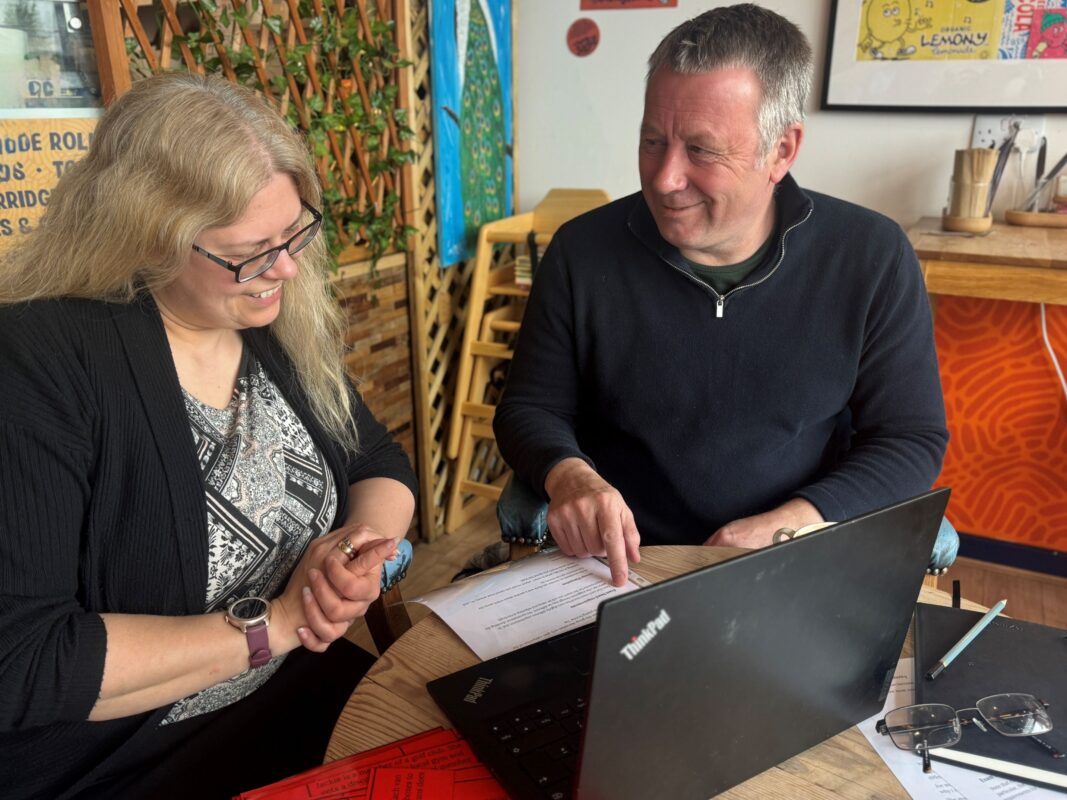
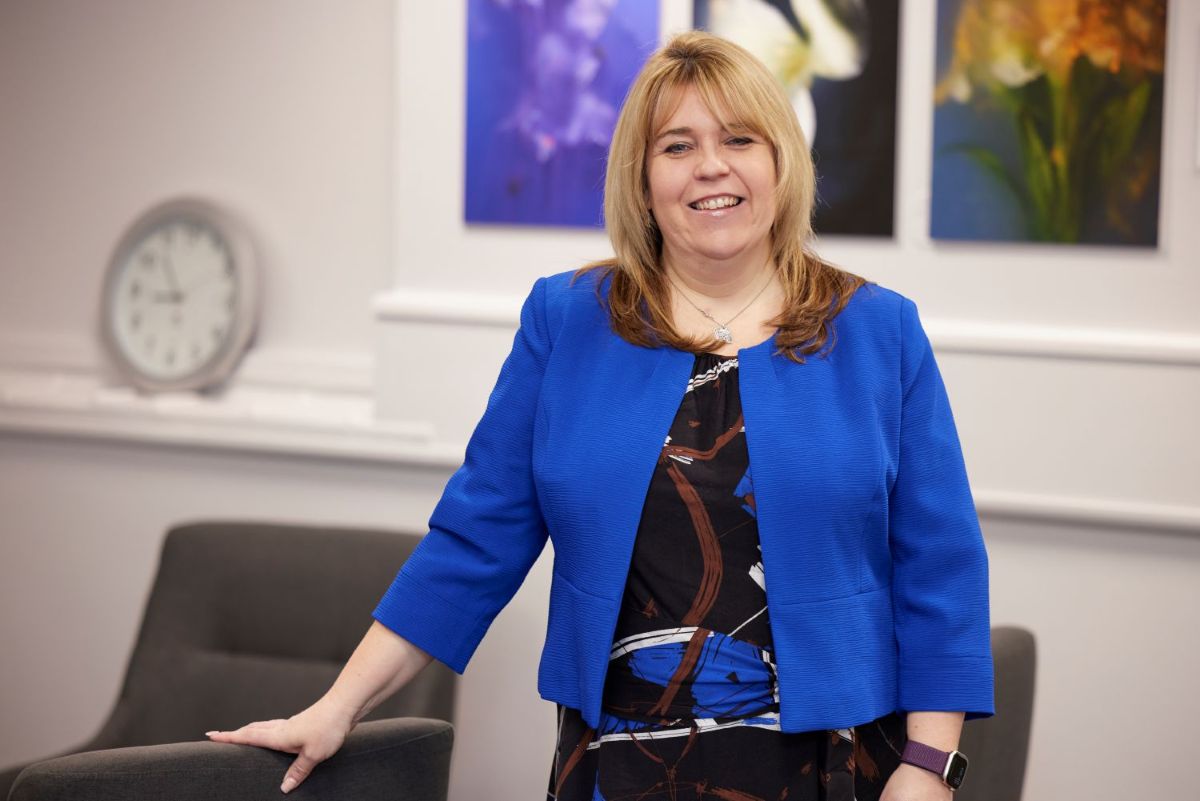


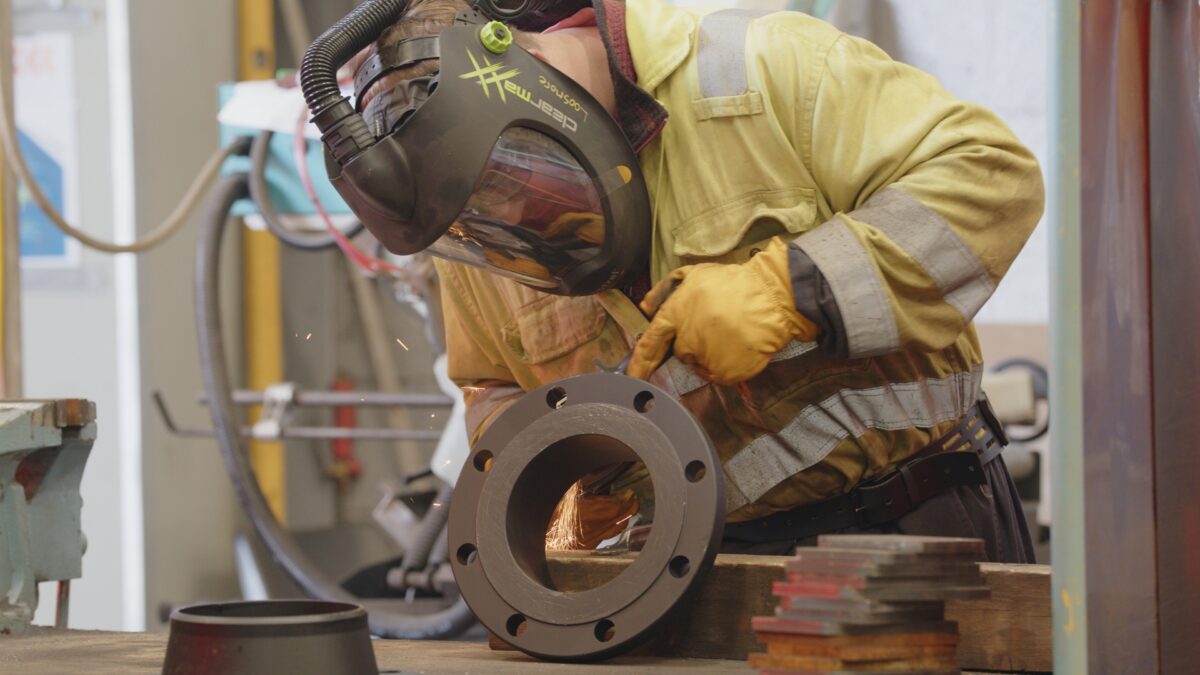
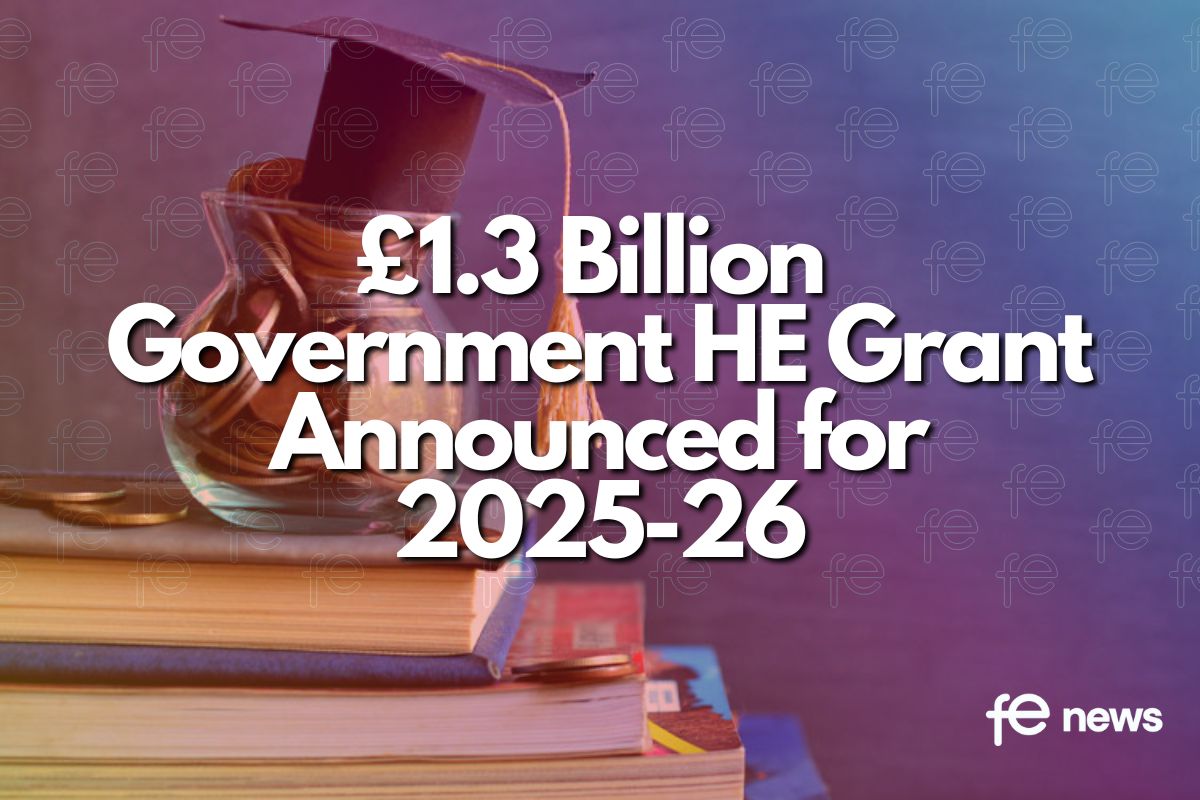



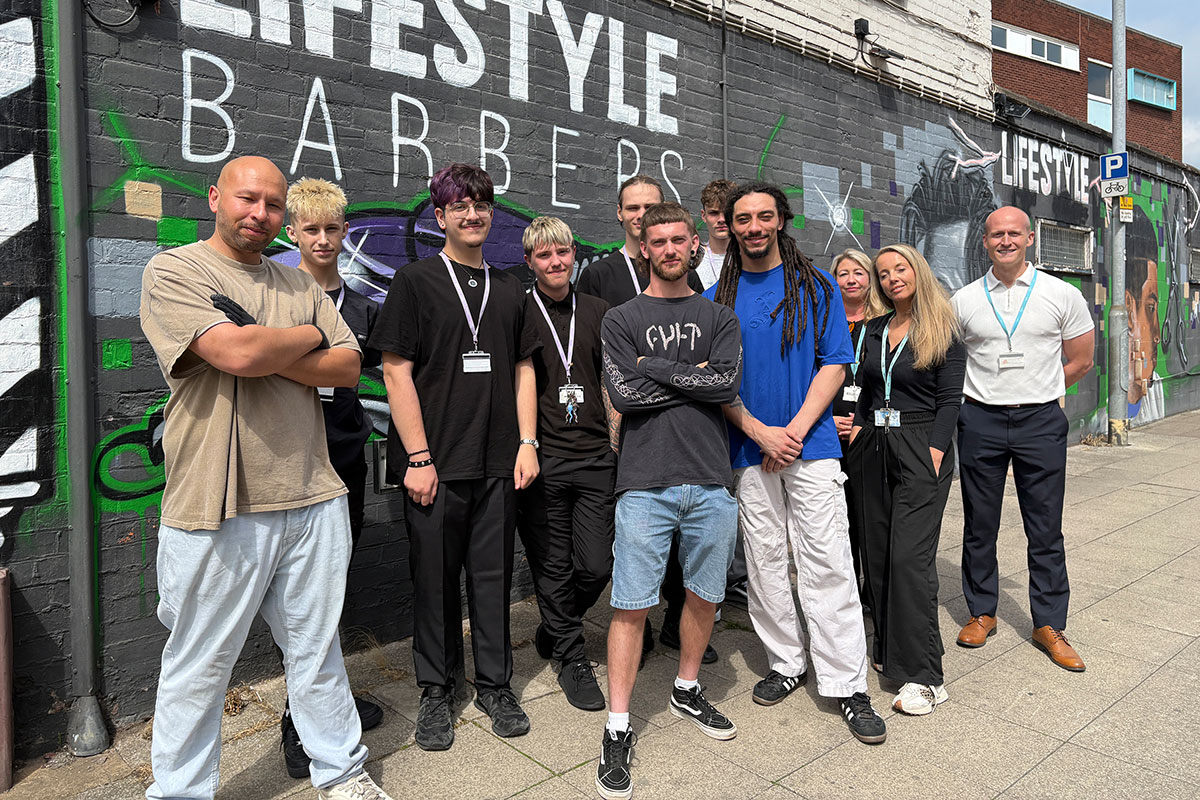
Responses